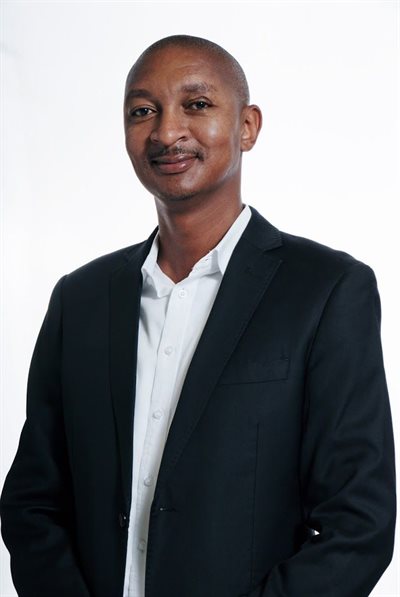
Subscribe & Follow
#YouthMonth2021: A reminder of how far education still has to go

In 2021, more children in our country than ever before have access to primary and secondary education. Literacy rates have been on the rise and, every year, we have more Black university graduates and entrants than the year before.
But while democracy has brought much-needed change and greater access to education, the reality is that we continue to live with the aftermath of Apartheid on a daily basis.
As we commemorate the youth around June 16 this month, there is a desperate need to improve the quality of learning and education across the length and breadth of our country.
This has become more urgent with the advent of Covid-19. While the last year has seen an acceleration in e-learning in some parts of our education system, the fact remains that most of our township and rural schools are still grappling with age-old problems.
Growing inequalities
The inequalities in our system are becoming more glaring by the day as some schools in township and rural areas don’t have the most basic infrastructure in place – such as a roof over their classrooms, adequate water supplies or even sanitation facilities.
The benefits of the internet and e-learning are a distant reality for these schools, and they are now at serious risk being left even further behind.
This problem must be solved urgently, otherwise our country’s unemployment crisis will only get worse. It’s in all our interests to pay attention to these issues and to come together in addressing these challenges.
Government alone cannot solve these problems.
Greater stakeholder involvement
The only way to address these issues is to start a broader movement in our country where the private, public and NGO sectors work together to ensure that no school in our country is left behind with inadequate facilities.
We see this spirit in many parts of our society already, with companies, for example, that help fix potholes on our roads or NGOs that play a crucial role in feeding the hungry in our communities.
The same spirit needs to be applied to our schools. If a school lacks roofing, we need to work together – even raise funds if needed – to make sure that it’s fixed. If a school doesn’t have adequate water supplies, we need to all play our part in ensuring that school gets clean water access.
Once these basics are met, we then need to start looking at how we can connect every school in our country to better technologies such as high-speed broadband and e-learning. Improving our education system requires building it up, block-by-block, and we all must play our part.
This bottom-up approach is crucial if we want to progress as a nation.
Experts in education
At Optimi Classroom, we are willing and able to play our part in working together with partners out there in addressing these problems head on. I would, therefore, like to call on other companies, NGOs and local governments to join us in this endeavour.
As the country’s top provider of classroom teaching and learning solutions; we at Optimi Classroom have built a strong reputation for supporting educators, learners, and institutions wherever they are. Over the years, we’ve helped more than 1,000 schools and 100,000 learners with improving their classroom experience.
But we want to help many thousands more. Therefore, let’s find solutions, together, so that we can ensure that the legacy of 1976 is fulfilled.
*Optimi Classroom is a division of the Optimi Group.
About Optimi
The Optimi Group provides accessible learning solutions that support every step of your learning journey. Optimi provides offerings in four divisions: home, workplace, classroom and college. Together, these divisions support more than 200,000 learners every year.
About Aunyana Moloisane
Aunyana Moloisane is the MD of Optimi Classroom- Impaq: We provide education the way you want it23 Oct 10:34
- Celebrating milestones with a continued commitment to the advancement of education – Happy Mandela Day16 Jul 11:37
- The right to quality education is yours to claim22 Mar 17:02
- Stem all around27 Nov 13:30
- South Africa celebrates Heritage Day and Literature Month: A fusion of culture and creativity26 Sep 16:03

















![Until Until Management Team: [From Left to right] co-founder and creative director: Charles Lusengo, chief executive officer (CEO): Thithi Nteta and co-founder and event strategist: Thulani Dandala](https://biz-file.com/c/2506/776585-300x156.jpg?3)












































































